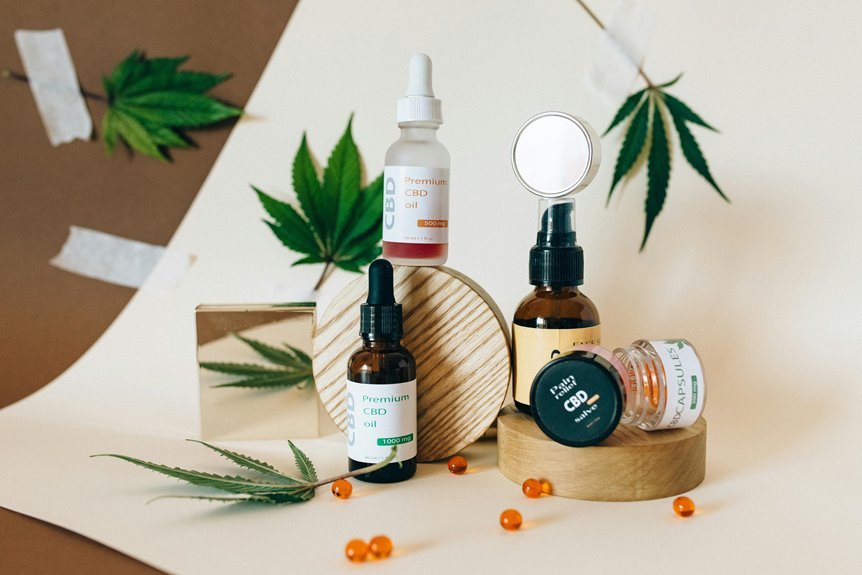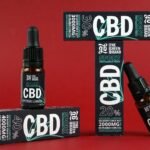The distinction between hemp oil and CBD oil is crucial for consumers seeking specific benefits. Hemp oil, derived from hemp seeds, offers nutritional advantages due to its fatty acid content. Conversely, CBD oil is extracted from the plant's flowers and leaves, providing therapeutic effects linked to cannabidiol. Understanding these differences can guide individuals in making informed choices about which product aligns with their health needs. What implications do these differences have for usage and effectiveness?
Understanding Hemp Oil: Sources and Composition
Hemp oil, derived from the seeds of the hemp plant (Cannabis sativa), is known for its nutritional properties and potential health benefits.
Rich in essential fatty acids, antioxidants, and vitamins, it supports overall wellness.
Common hemp oil uses include skincare, cooking, and dietary supplementation, with reported hemp oil benefits such as improved heart health, reduced inflammation, and enhanced skin hydration.
Exploring CBD Oil: Sources and Benefits
CBD oil, extracted from the flowers, leaves, and stalks of the hemp plant, contains high concentrations of cannabidiol (CBD), a compound known for its therapeutic properties.
Various CBD extraction methods, including CO2 extraction and solvent extraction, enhance its purity and effectiveness.
Users report benefits such as reduced anxiety, improved sleep, and chronic pain relief, reflecting its significant therapeutic effects on overall well-being.
Key Differences Between Hemp Oil and CBD Oil
While both hemp oil and CBD oil originate from the hemp plant, they differ significantly in composition and use.
Hemp oil, derived from hemp seeds, offers various hemp oil benefits such as nutritional value and skin hydration.
In contrast, CBD oil, extracted from the plant's flowers and leaves, is primarily known for its therapeutic properties, including pain relief and anxiety reduction, showcasing diverse CBD oil uses.
Choosing the Right Product for Your Needs
Selecting the appropriate oil requires understanding individual needs and intended benefits.
Product selection hinges on whether one seeks therapeutic effects from CBD or nutritional support from hemp oil. Personal preferences, such as taste, desired potency, and method of consumption, also play significant roles.
Ultimately, informed choices empower individuals to align their oil selections with their personal health goals and lifestyle aspirations.
Conclusion
In the landscape of wellness products, hemp oil and CBD oil stand as contrasting entities. While hemp oil nourishes the body with essential fatty acids and vitamins, CBD oil targets specific ailments like anxiety and pain through its therapeutic properties. Choosing between them hinges on individual needs: the holistic benefits of hemp oil versus the targeted relief of CBD oil. Understanding these distinctions empowers consumers to make informed decisions tailored to their health goals.





 Does Cbd Need to Be Activated
Does Cbd Need to Be Activated